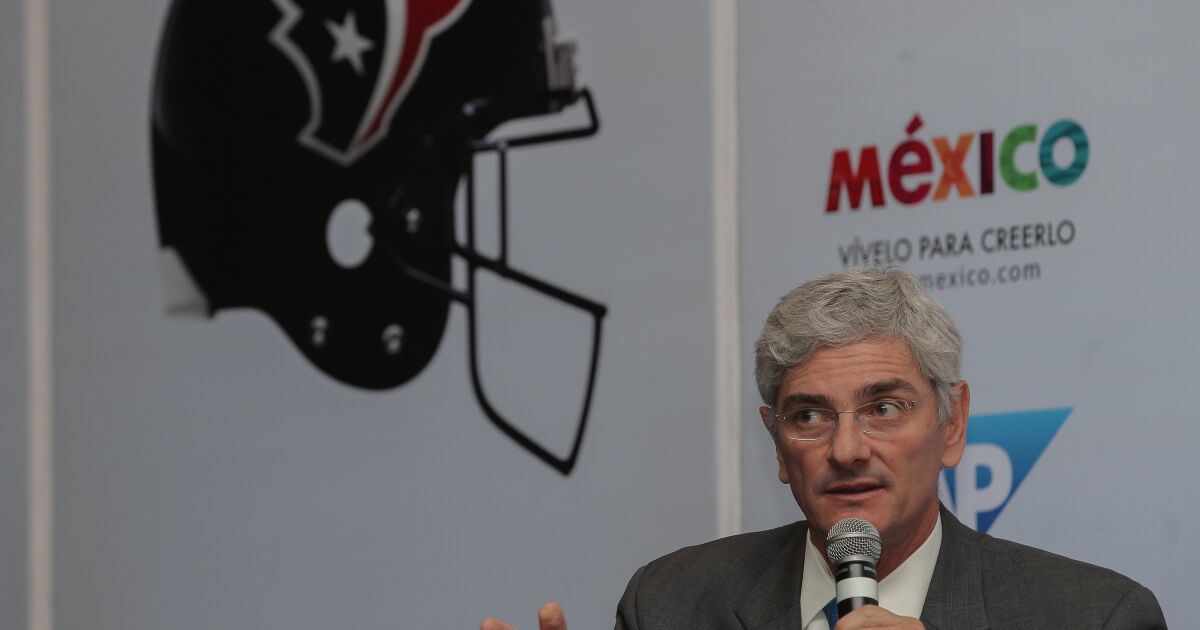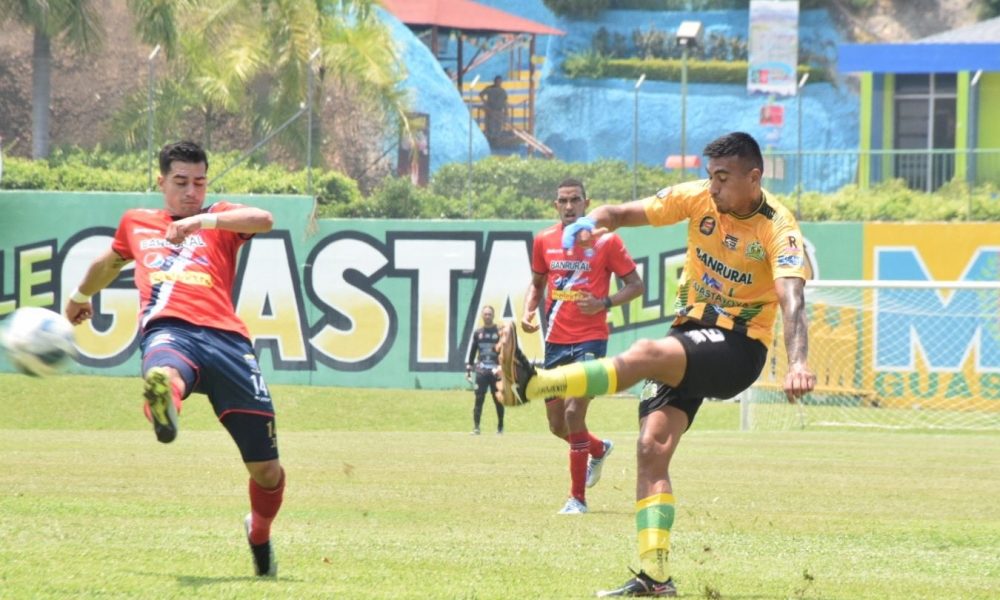Opposition to the Tokyo Olympics continued a month after the exhibition began

First Amendment:
In Tokyo, the capital of Japan, the Games Organizing Committee and the authorities continue to prepare for the competition, despite the request of health unions and part of the population opposed to it for fear of an increase in infection. Last month before the competitions started, it was shown in the middle of the news about two positive cases of Covid-19 in members of the Ugandan delegation already in the country.
On June 23, exactly one month after the start of the Olympics, hundreds of people took to the streets of Tokyo to express their opposition to the sporting event, believing that it could increase the number of Covid-19 infections.
In recent months, part of the population has called for the Games to be canceled due to the pandemic. Despite this, state authorities, including local authorities and members of the organizing committee, assure that the competitions will be held safely.
“The epidemic is affecting society, and the current situation is that it has not diminished in Japan. Holding the Games in the middle of this is very dangerous so I think it should be postponed or canceled,” Takahashi, one of the protesters, told Reuters news agency.
Although Japan did not suffer serious consequences during the first wave of the epidemic, the situation has changed in recent months. This year, the nation has recorded an increase in infections that have strained its health system. This sparked criticism of the immunization process on the grounds that it started too late.
Besides citizen protests, some medical unions have raised their voices against the games. Weeks ago, Dr. Naoto Oyama, director of the Japan Medical Association, warned that in addition to the increase in injuries, he was concerned about the emergence of a new Olympic variant, which will spread once athletes return to their countries.
Concerns about an increase in injuries during the games, especially among athletes and members of participating delegations, have increased in recent days after two members of the Ugandan delegation (of nine members) who are in Japan tested positive after recent tests.
The delegation had arrived in the country last weekend, and according to the Japanese news agency “Kyodo”, they had received two doses of the AstraZeneca vaccine against the virus.
The IOC and the Organizing Committee trust safe games
Marking another year for the founding of the International Olympic Committee (IOC), IOC President Thomas Bach emphasized that “the power of sport to send a message of hope and optimism takes on even greater importance on the ‘Olympic Day celebrated on this date’.”
His words were included in a speech he gave over the past year that the Tokyo Olympics will be “proof that humanity has overcome the virus.”
Despite the opposition, the organizing committee ensured that the event would proceed safely. To comply with this, they developed a set of guidelines that, among other things, consider daily studies of the participants with their movements restricted, the number of spectators limited to 10,000 per stage and the absence of audience from outside.
In addition, the International Olympic Committee (IOC) has focused its strategy on boosting vaccination and ensuring that more than 80% of the population of the Olympic Village (the site that houses participants during the Games) is fully immunized.
“At one point, people were a little worried about the safety of the games. But now, with all the communication, people are starting to believe in our message and I think that creates a calm environment for the safety of the games,” said Seiko Hashimoto, President of Tokyo 2020 during an interview with US media, “NBC C”.
With EFE and Reuters

“Reader. Beer practitioner. Web expert. Subtly charming travel geek. Friendly music specialist.”









